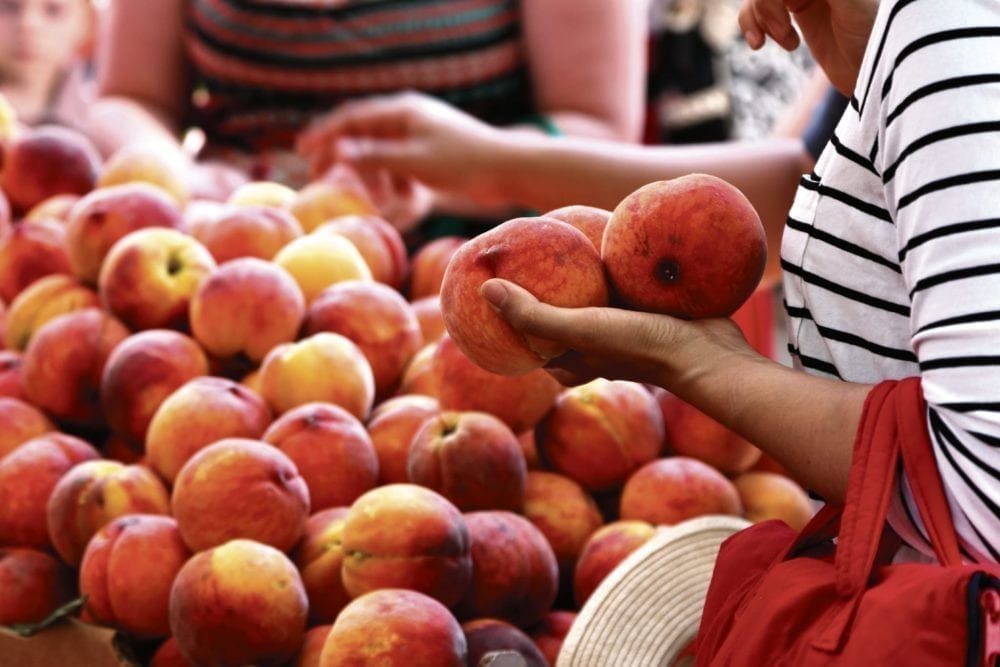Throughout the Covid-19 pandemic, there has been a growing awareness that the world must use resources more responsibly.
However, according to a recent study the change of behaviour is more pronounced in the UK than in other European countries.
Almost half of the respondents (48%) already consume fewer goods and services now, or say they will in the future.
Only 36% of the British respondents stated they have not changed their personal consumption of resources during the coronavirus crisis and do not plan to do so.
For comparison, in France and Norway half of the respondents said they did not change and will not change their consumption habits, and in Germany the figure is almost two-thirds (63%).
Young Brits are changing
TOMRA, the Norwegian market leader in technologies for the circular economy, commissioned the ‘ReThink’ study with the survey institute Kantar.
It asked around 4,000 people in the UK, Norway, France and Germany about their consumption and shopping behaviour since the coronavirus pandemic, with a sample of around 1,000 for each country.
The results in the UK show that younger people, between the ages of 18 and 29, are most likely to forego consumption. In this age group, 56% stated that they consume less.
In the group of people aged 60 and over, the figure was only 40%. The gender comparison is also interesting: While 54% of women say they limit their consumption, only 43% of men said the same.
Responsible resource use
The reluctance to consume in the areas of clothing, travel and luxury goods, for example, can only partly be explained by the economic and social life that has declined as a result of the pandemic, says Volker Rehrmann, who is responsible for the Circular Economy division at TOMRA.
‘Overall, the population is becoming more aware of the global economic situation and using resources more responsibly’, says Volker.
The experience with the pandemic would have reinforced this, especially here, as the UK was hit particularly hard by the crisis.
‘When it comes to living more sustainably in everyday life, there is often still a gap between aspiration and reality’, Volker continues.
Additionally, more information is needed about which small steps can achieve great things. For example, separating plastic and cardboard packaging before throwing them away.
Rethinking the future
In this context, TOMRA recently launched ‘ReSociety’, an initiative and platform that is intended to bring together knowledge and ideas from companies, politics and consumers –
with the common goal of completely rethinking the world for a more sustainable future.
The ReThink study is intended to examine trends and developments on the path to a circular economy every two years – a global circular economy that redefines the term ‘growth’ by focusing on positive social and ecological developments.
 Play Video about This Rock Might Just Save The World
Play Video about This Rock Might Just Save The World Play Video about Play 2 hours of rock
Play Video about Play 2 hours of rock Play Video about Play 2 hours of brook
Play Video about Play 2 hours of brook Play Video about Play 2 hours of sheep
Play Video about Play 2 hours of sheep















































